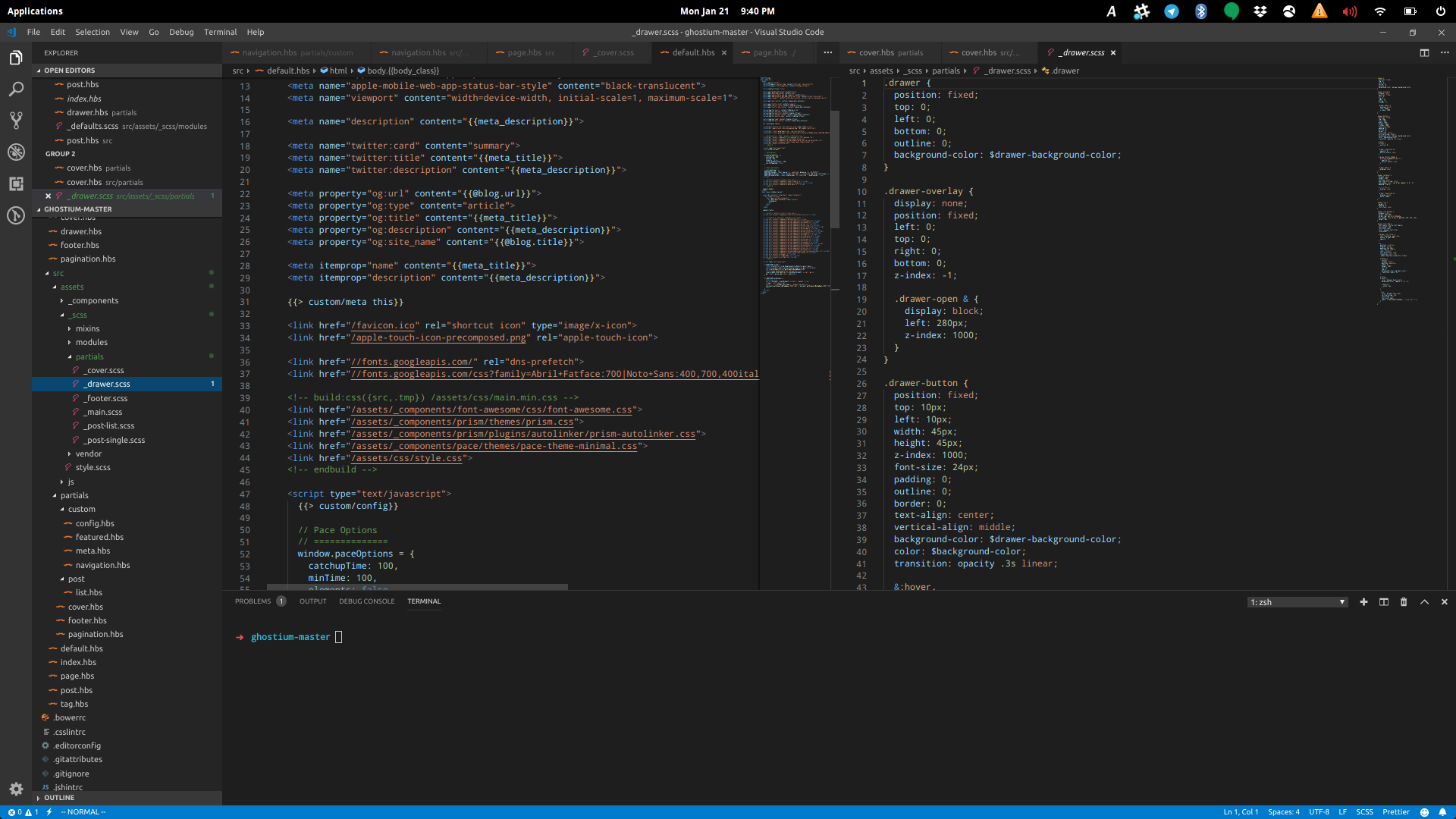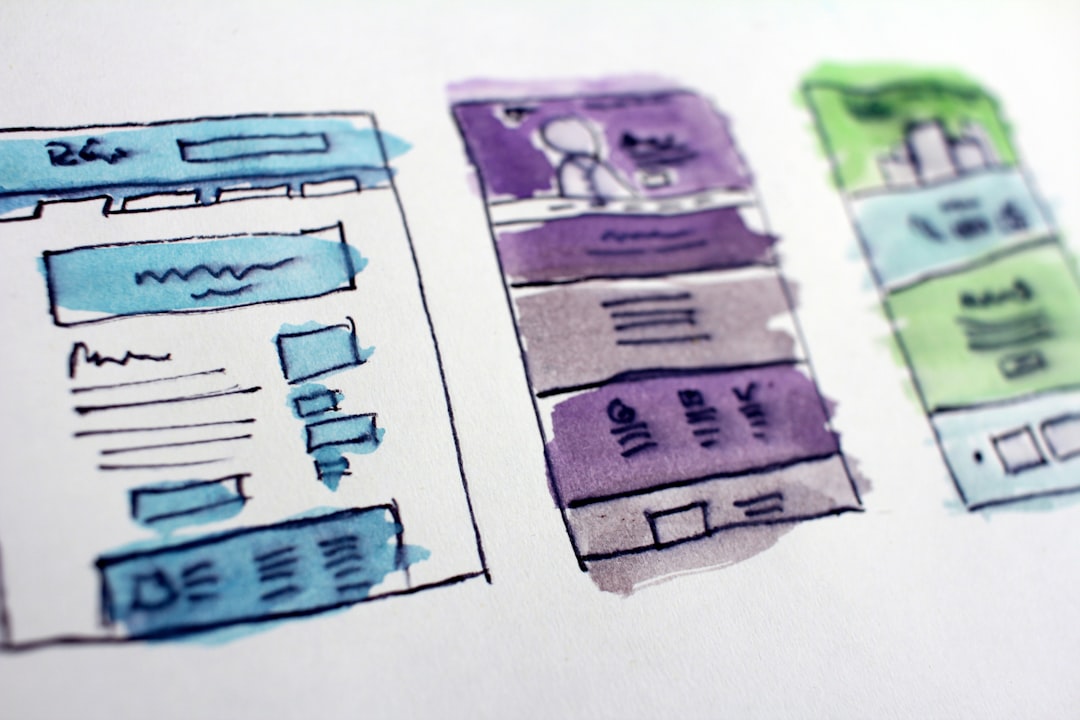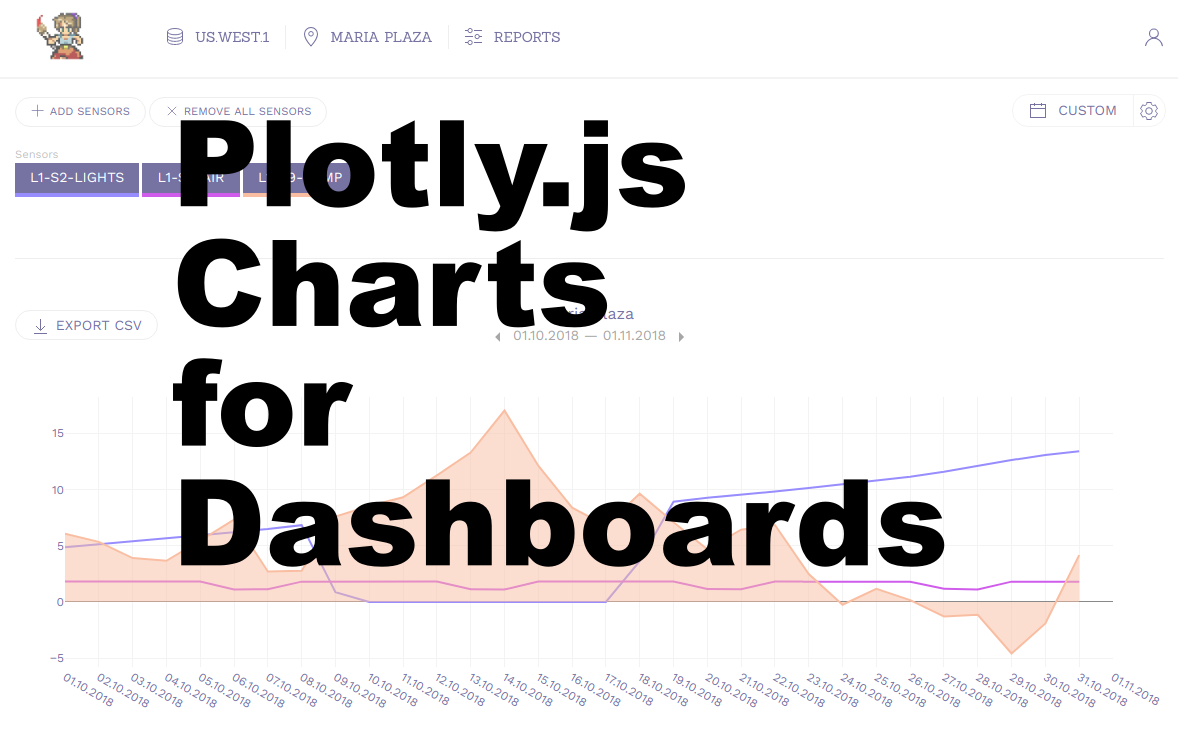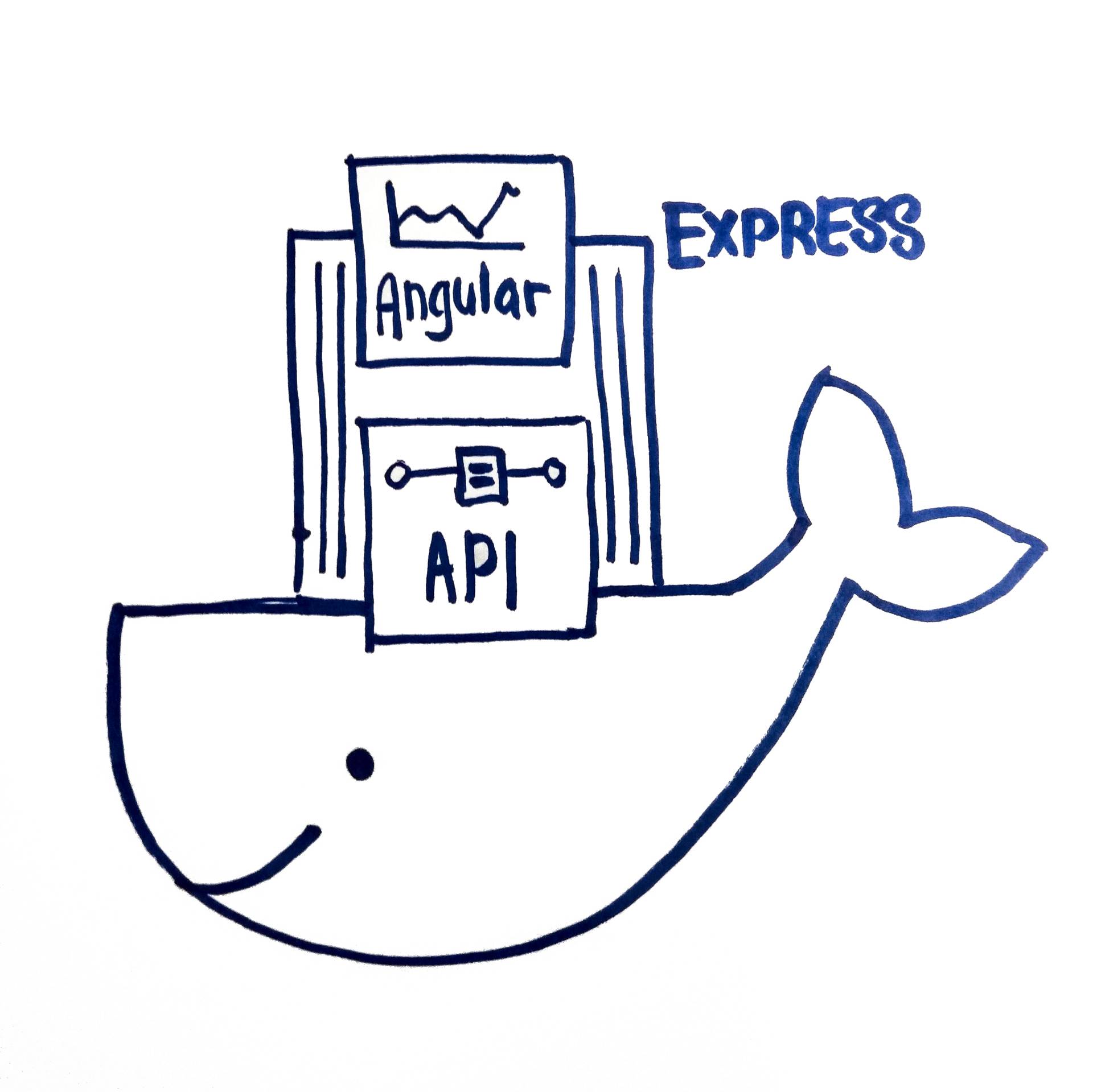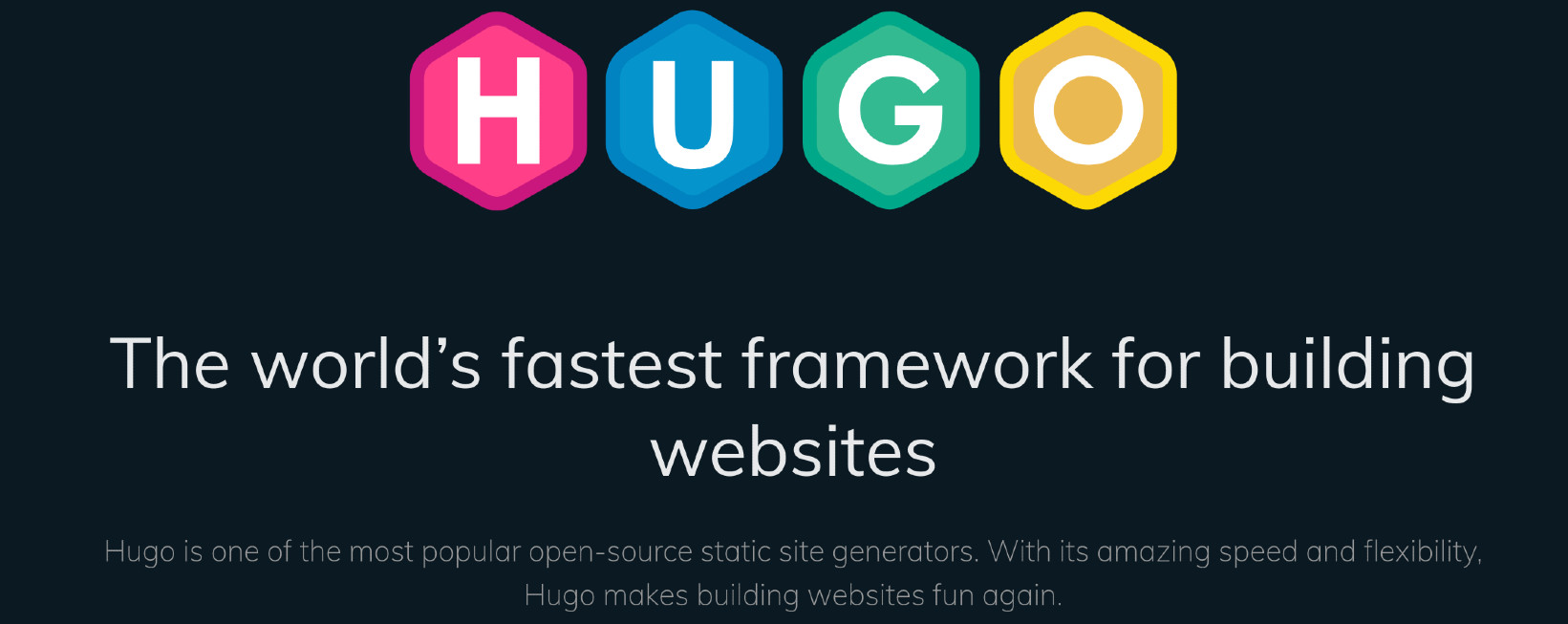Developer Friendly Software
It’s ready now, you know it. You’ve spent a lot of time writing this masterpiece. Your finest work thus far. It’s time for other people on your team to know about this library / software you just made. You brace yourself for the positive feedback you’re going to get, oh fo’ sho'!
“How do I use this?”, “Why did you do that?”, “Oh we already have a library for that”…

